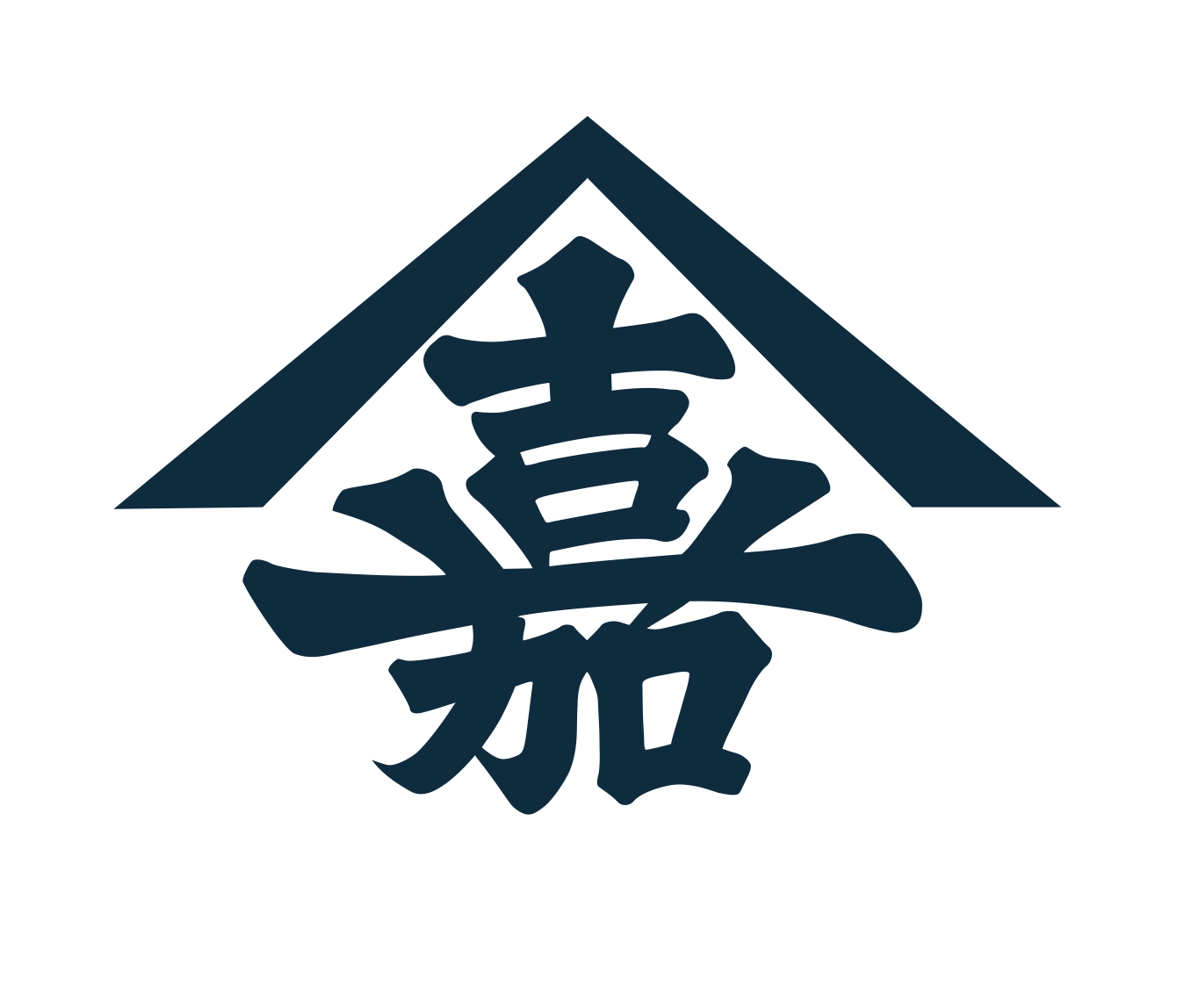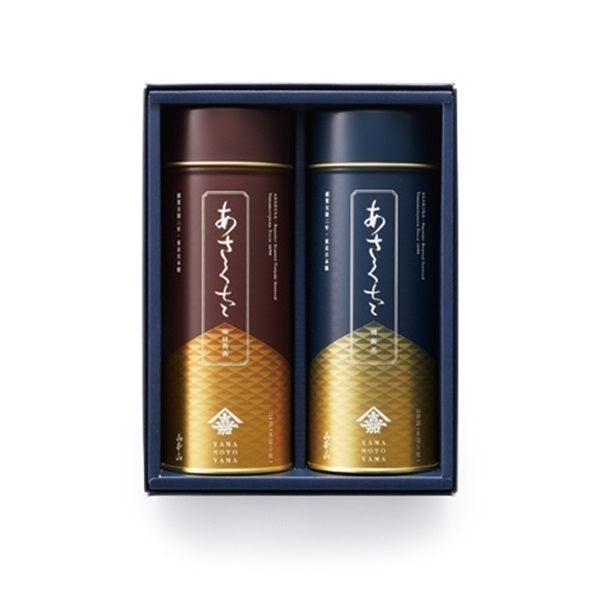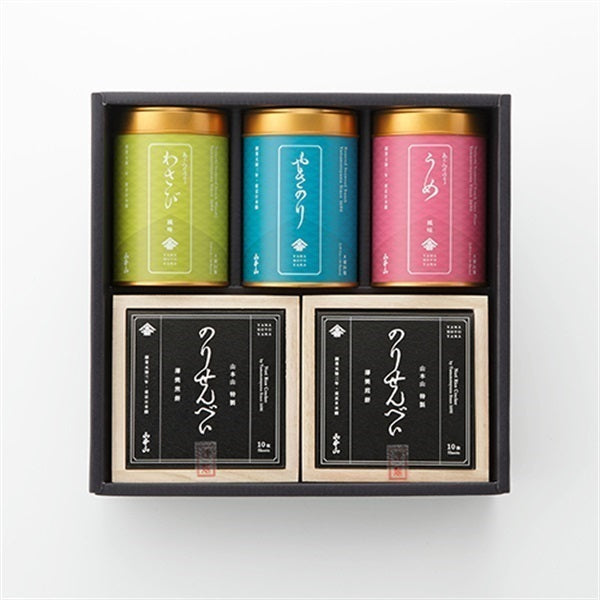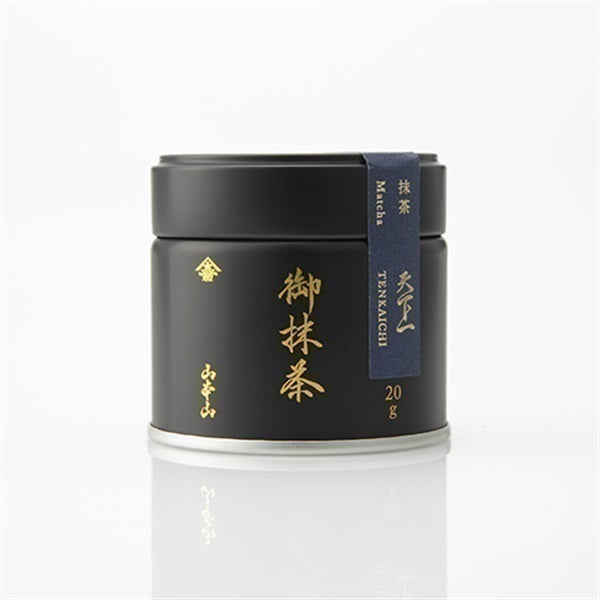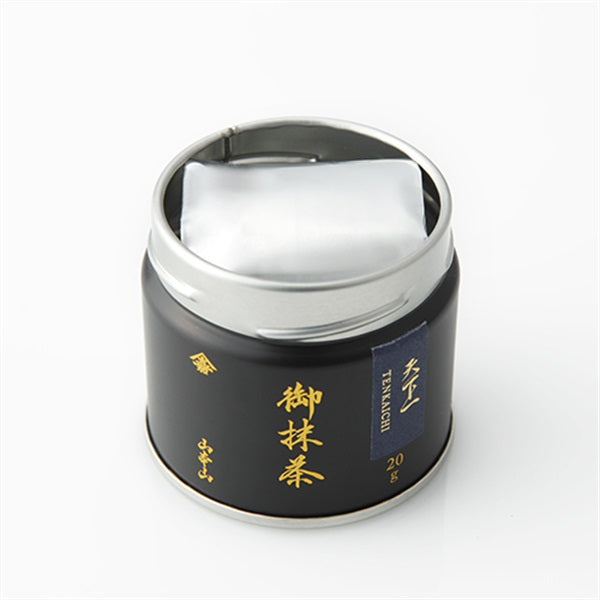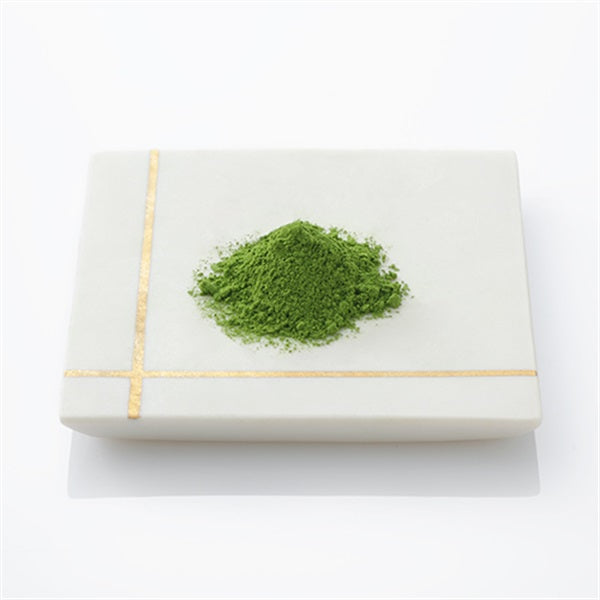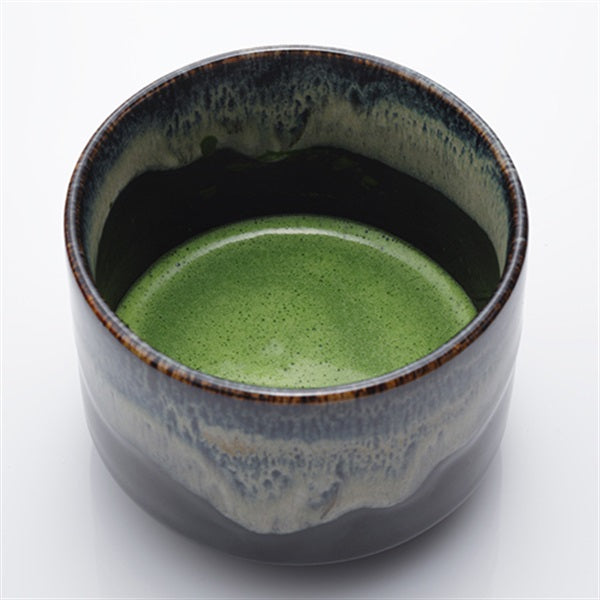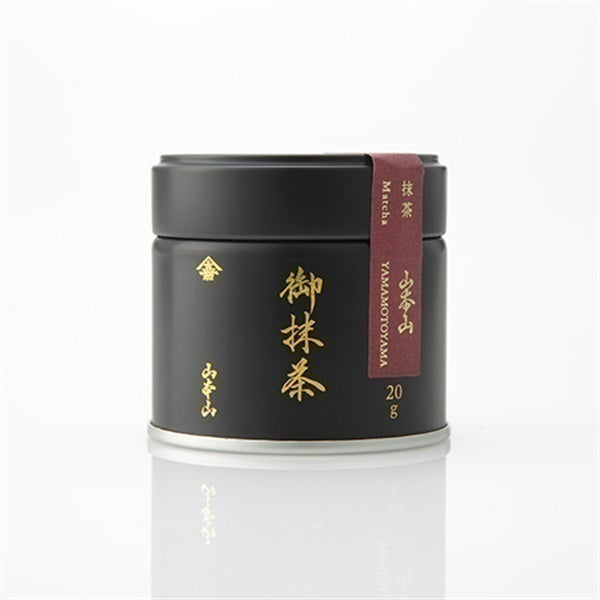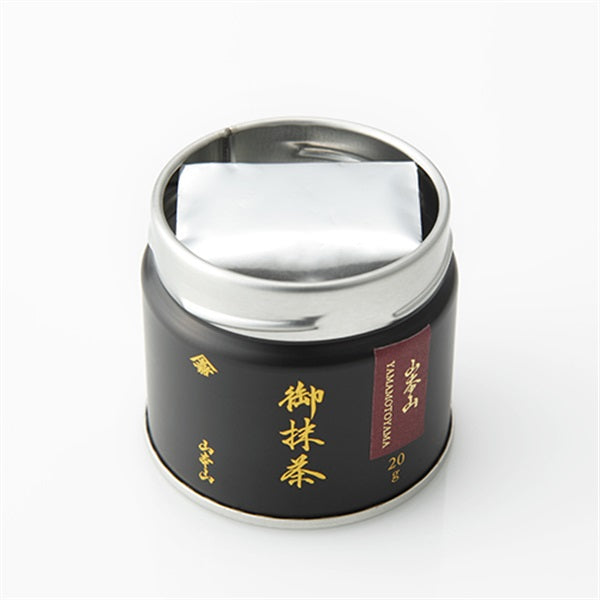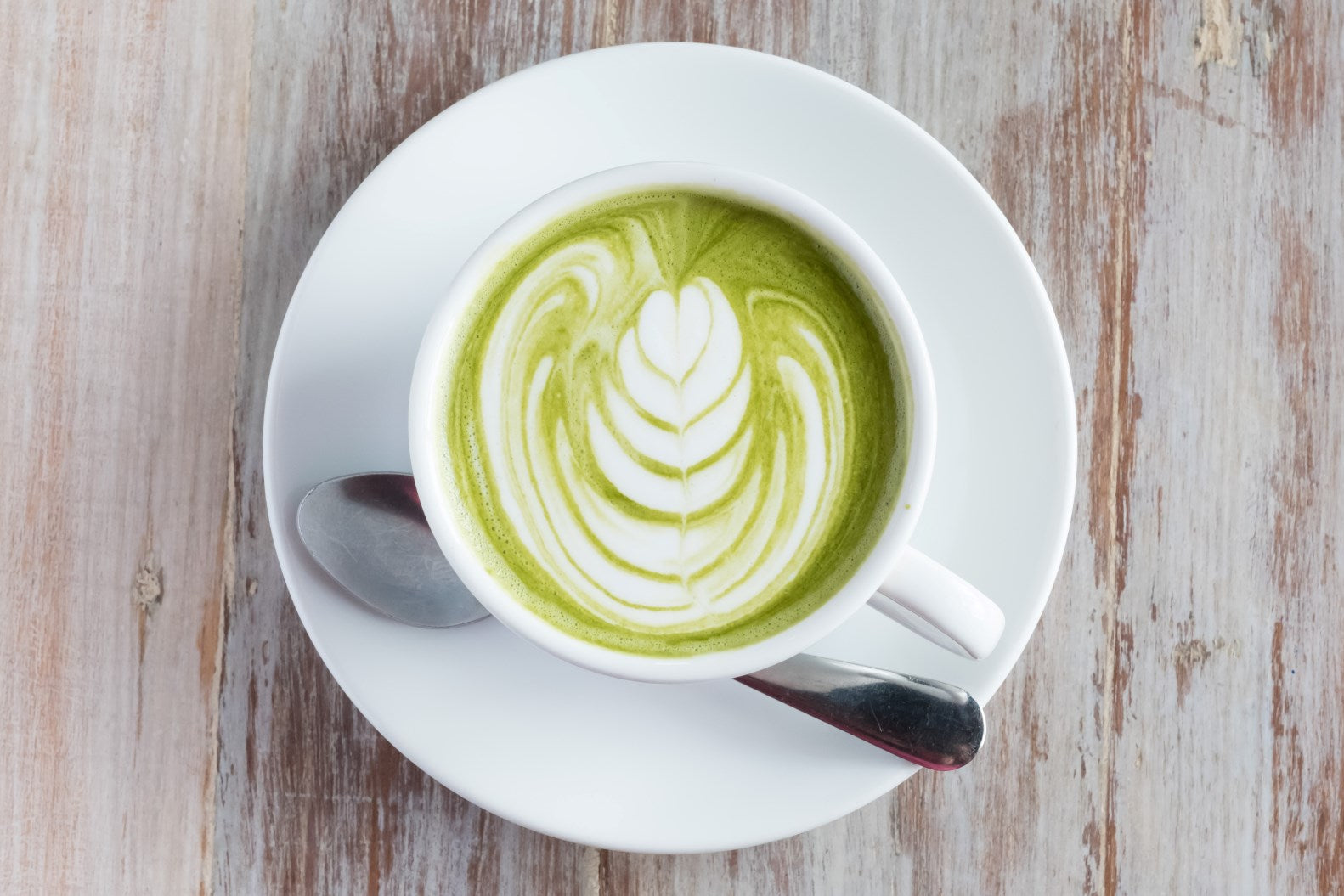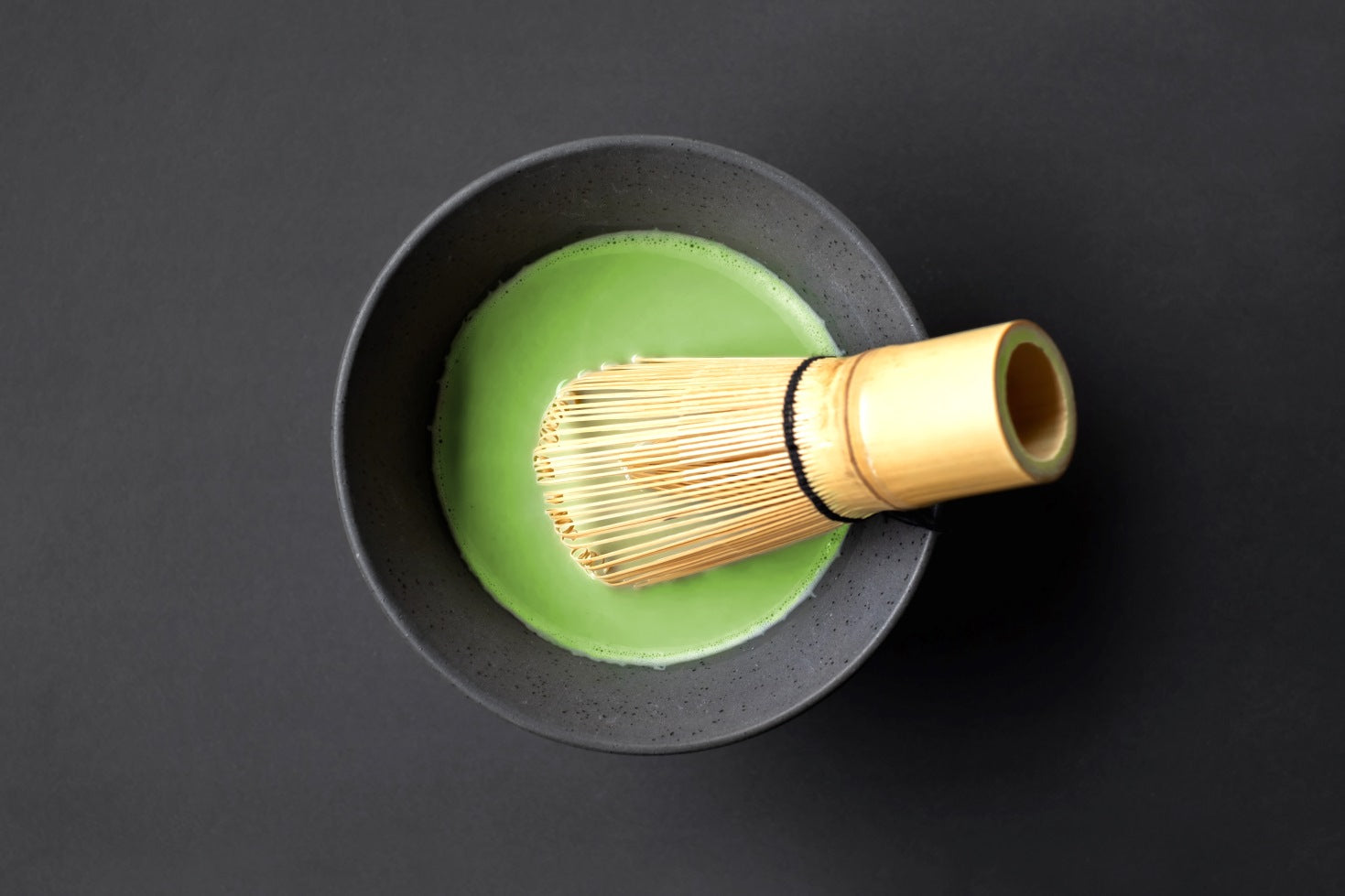
Caffeine in Matcha: Explained from Content to Health Benefits and Recommended Daily Intake
- Introduction
- Amount of caffeine in matcha
- Daily intake limit and guidelines
- The many health benefits of matcha
- Improved performance through improved concentration and awakening effects
- Stress relief! Relaxing effect
- Antioxidant effect to prevent cell aging
- Solving skin problems with "resistant vitamin C"
- The risks of consuming too much caffeine in matcha
- Basic brewing method for matcha
- Q&A about caffeine in matcha
- summary
Introduction
In recent years, matcha has become increasingly popular overseas.
Its bittersweet and mellow flavor came to be widely recognized as "matcha" rather than the original "green tea," and it has become a standard flavor for sweets and drinks.
Cafes and convenience stores offer a wide variety of matcha drinks, and an increasing number of people are looking to easily enjoy matcha at home.

However, when understanding the appeal of matcha, one thing that cannot be avoided is the presence of caffeine.
"How much caffeine does matcha contain?" "What are the benefits and disadvantages of caffeine?"
I'm sure many of you have questions like these.
In this article, we will focus on the amount of caffeine contained in matcha and explain in detail its effects and characteristics.

Amount of caffeine in matcha
Matcha is known to have a higher caffeine content than other green teas.
Generally, one cup of matcha (using 1.5-2g of matcha per 60ml of hot water) contains about 60mg of caffeine.
This is roughly three times the amount of caffeine found in a typical cup of green tea.
Since matcha is made by consuming tea leaves directly in a powder form, you are not only consuming the ingredients that dissolve in hot water, but also the ingredients contained in the tea leaves themselves, which is one of the reasons why it has a high caffeine content.

Caffeine content compared to other drinks
Gyokuro: 160mg
Matcha: 60mg
Coffee: 60mg
Hot cocoa: 35mg
Black tea: 30 mg
Oolong tea: 20mg
Regular Sencha: 20mg
Hojicha: 20mg
Bancha tea: 10mg
Genmaicha: 10mg
Kamairi tea: 10mg
Barley tea: 0mg

Daily intake limit and guidelines
The caffeine contained in matcha provides various benefits, such as improving concentration and recovering from fatigue, when consumed in appropriate amounts.
However, excessive consumption can be harmful to your health. So what is the upper limit for safe consumption of matcha?
For healthy adults, the maximum daily intake of caffeine is set at 400mg .
With this in mind, you can drink approximately 6-7 cups of matcha per day .
However, this is only a guideline and it is important to adjust it according to your individual physical condition and reaction.
People who are sensitive to caffeine or who regularly consume foods that are high in caffeine should be especially careful.
In addition, pregnant women are advised to limit their intake to 200 mg per day due to concerns about the effects on the fetus .
Too much of anything is bad, so make sure you enjoy it safely while checking the optimal intake amount.

The many health benefits of matcha
Unlike other green teas, matcha is consumed in powder form.
Therefore, in addition to ingredients such as catechin and theanine, there is the great benefit of being able to fully consume nutrients such as beta-carotene, vitamin E, and dietary fiber, which are difficult to dissolve in water.
The rich nutritional components contained in matcha, including caffeine, have a wide range of benefits for our health.

1. Improved performance through improved concentration and alertness
The caffeine contained in matcha is known to have an excellent awakening effect, such as increasing concentration and clearing the mind by stimulating the central nervous system.
Not only is it great for mornings when you want to feel refreshed, but consuming matcha while working or studying will also help clear your mind and allow you to work more efficiently.
This effect is especially useful when you experience temporary feelings of fatigue or lethargy.

In addition, the aroma and taste of matcha also enhance the refreshing effect.
When you're feeling down, a cup of matcha may help clear your mind and get you motivated.
In addition, matcha is rich in theanine, which we will discuss later, and has the characteristic of providing a milder stimulating effect than other drinks that contain caffeine.
It helps you stay relaxed and focused at the same time, so be sure to try incorporating it into your daily life and work.

2. Reduce stress! Relaxing effect
Drinking matcha can have a calming and relaxing effect on your mind. This is due to the special compound L-theanine found in matcha.
Theanine is a type of amino acid that is found in abundance in tea, especially matcha, and is garnering attention as an ingredient that provides various benefits to our mind and body.
The first major effect of theanine is its excellent relaxing effect.
Theanine promotes the production of alpha waves in the brain, leading to a state of relaxation in the mind and body. This reduces everyday stress and anxiety, and brings about a sense of calm and stability.

Theanine is also expected to improve the quality of sleep. Specifically, it helps you fall asleep more easily and promotes deeper sleep, reducing fatigue when you wake up.
In addition to its relaxing effect, it has also been reported to have other effects such as improving concentration and memory, and suppressing the secretion of stress hormones. It has become such a popular ingredient that many supplements using this ingredient have been sold in recent years.

3. "Antioxidant effect" that prevents cell aging
While oxygen is an essential element for our life activities, it can turn into a substance called "reactive oxygen" in the body.
When produced in appropriate amounts, this reactive oxygen plays an important role in helping with biological defenses, but if produced in excess it can oxidize and damage cells.
This cellular oxidation not only accelerates aging, but is also known to cause skin problems such as blemishes and wrinkles, as well as various diseases such as arteriosclerosis and cancer.
One thing we want to focus on is catechin, a type of polyphenol that is abundant in matcha.

Among these, epigallocatechin gallate (EGCG), which has a particularly strong antioxidant effect, is known as an important component that suppresses the action of active oxygen and protects cells from oxidation.
Unlike other green teas, matcha is made by grinding the whole tea leaves into a powder, which has the added benefit of allowing you to efficiently consume the catechins contained in the tea leaves.
Furthermore, the antioxidant properties of catechins also have beneficial effects on beauty.
By inhibiting cellular oxidation, it is possible to slow down the aging of the skin and maintain a youthful appearance.

4. Solving skin problems with "resistant vitamin C"
Matcha is rich in vitamin C, which has a powerful beauty effect, and is a great way to alleviate skin concerns that are a concern for women, such as blemishes, dullness, pores, and sagging skin.
Matcha contains about 60 mg of vitamin C per cup, which is comparable to the amount found in lemons, which are said to be rich in vitamin C.

Vitamin C is known as an essential nutrient for beauty and health, but it has the property of being "heat-sensitive."
However, it has been found that the vitamin C contained in matcha has the unique property of being heat-resistant, due to the action of catechin, which is also abundant in matcha.
According to the Dietary Reference Intakes for Japanese (2023 edition), the recommended daily intake of vitamin C is 100 mg. Drinking two cups of matcha will help you meet this daily recommended intake.
Vitamin C does not accumulate in the body even if you take a large amount at once, and the excess is excreted in urine, so it is effective to take it in several doses throughout the day.

Risks and adverse effects of excessive intake of caffeine from matcha
As you can see, matcha is very healthy, but it does contain a lot of caffeine, so you should be careful not to consume too much of it.
Too much caffeine can cause symptoms like headaches, anxiety and trouble sleeping.
Pregnant and breastfeeding women should be especially careful as there are restrictions on caffeine intake.
Also, caffeine has a diuretic effect, so consuming large amounts of matcha can disrupt the body's fluid balance.
To enjoy matcha in a healthy way, it is important to aim for 2 to 3 cups a day and make sure to consume other teas and fluids as well.

Basic brewing method for matcha
When you hear the word matcha, it might sound a little difficult, but don't worry.
With a tea bowl and a chasen, you can easily enjoy authentic matcha at home. The important thing is to get the hang of how to move the chasen.

Materials and tools
- Tea bowl
- Tea whisk
- Hot water: 60ml (80℃)
- Tea leaves: about 1.5-2.0g (1 and a half tea spoons)

procedure
1. Tea whisk passing
First, dip the chasen in hot water to soften the tip. Pour the hot water into a tea bowl and gently press the chasen against the bottom of the bowl.
This makes the whisk more flexible, making it easier to whisk the matcha.
2. Add matcha
Discard the hot water used for the chasen process. After that, wipe the tea bowl clean and pour in the matcha. The amount of matcha you should add is about one light spoonful (about 1g) with a teaspoon, or about one and a half spoonfuls if using a chashaku.
3. Making tea
Slowly pour in 60ml of hot water cooled to 80℃. Move the chasen back and forth quickly to whisk the matcha until it forms fine bubbles. This process is called "Tateru".
When moving the chasen, the key is to snap your wrist and move it back and forth quickly.
4. Finishing touches
Once the foam becomes uniform, move the whisk in a figure-8 motion to smooth out the texture of the foam.
Finally, gently remove the whisk from the center of the bowl, being careful not to crush the bubbles, and the tea is complete.

Q&A about caffeine in matcha
We answer your questions about caffeine in matcha.
1. First of all, how much caffeine does matcha contain?
Generally, one cup of matcha (about 2g) contains about 60mg of caffeine, which is about three times the amount found in common green teas such as sencha.
Looking at all green teas, matcha has the second highest caffeine content after gyokuro, which is known for its high caffeine content.
2. What kind of effects can you expect from drinking matcha?
The caffeine contained in matcha has the effect of increasing concentration and reducing fatigue.
Additionally, L-theanine has a relaxing effect that can refresh you, reduce stress, and improve the quality of your sleep.
In addition, it has many other beneficial effects on both health and beauty, such as the antioxidant properties of catechin and the effect of vitamin C in reducing blemishes and dullness on the skin.
3. Do you have decaffeinated matcha?
Yes, decaffeinated matcha is available, although it is not sold at Yamamotoyama.
Decaffeinated matcha has had the caffeine removed during the manufacturing process, so its taste and aroma may be slightly different from regular matcha.
Still, when it comes to health and nutrients, you can often enjoy similar benefits to regular matcha.
Recently, the number of decaffeinated matcha teas has increased, and there are many different brands to choose from. It's an easy product to incorporate into your daily routine to enjoy a relaxing moment, so we recommend you give it a try.
4. Is it okay for children to drink matcha?
Because matcha contains caffeine, it's no wonder that many people are hesitant to give it to their children.
To begin with, the bitter taste of matcha may be unfamiliar to small children, so to be honest, there is no need to force it on them.
However, children can still enjoy matcha if given in appropriate amounts.
The maximum daily caffeine intake set by the Ministry of Health, Labor and Welfare is as follows:
4–6 years: up to 45 mg
7–9 years: up to 62.5 mg
10–12 years: up to 85 mg
One cup of matcha contains approximately 60mg of caffeine.
It is important to keep this amount in mind and give it carefully, taking into consideration your child's age and physical condition.
Matcha is rich in not only caffeine, but also catechins, vitamins, and other healthy ingredients. Why not try incorporating matcha into your child's diet as they grow?
5. How many cups of matcha should I drink per day?
The appropriate amount of matcha to consume varies depending on your individual health condition and sensitivity to caffeine, but 1-3 cups per day is generally recommended.
A typical cup of matcha contains 60mg of caffeine, and even if you drink three cups, the caffeine content is still around 180mg, which is within the acceptable range for healthy adults.
However, if you are pregnant or breastfeeding, you should consider the effects of caffeine, in which case we recommend limiting your intake to one cup per day.
Also, excessive caffeine intake can cause anxiety and insomnia, so it is important to adjust your intake according to your physical condition.
Matcha is a drink that has potential health benefits, but when consuming it, be careful not to consume too much and make sure to enjoy it.

summary
What do you think? The caffeine contained in matcha has various benefits for our mind and body, such as improving concentration and recovering from fatigue, if consumed in moderate amounts.
However, excessive intake can cause unpleasant symptoms such as anxiety, insomnia, and palpitations. It is important to understand the caffeine content of matcha and your own constitution, and use it wisely.
In addition to caffeine, it also contains a wealth of ingredients that are beneficial for both health and beauty, such as catechin, which has antioxidant properties, theanine, which has a relaxing effect, and vitamin C, which is effective for beautiful skin.
By understanding the characteristics of caffeine and using it in moderation, matcha can become a powerful ally that supports our health and rich lives.
